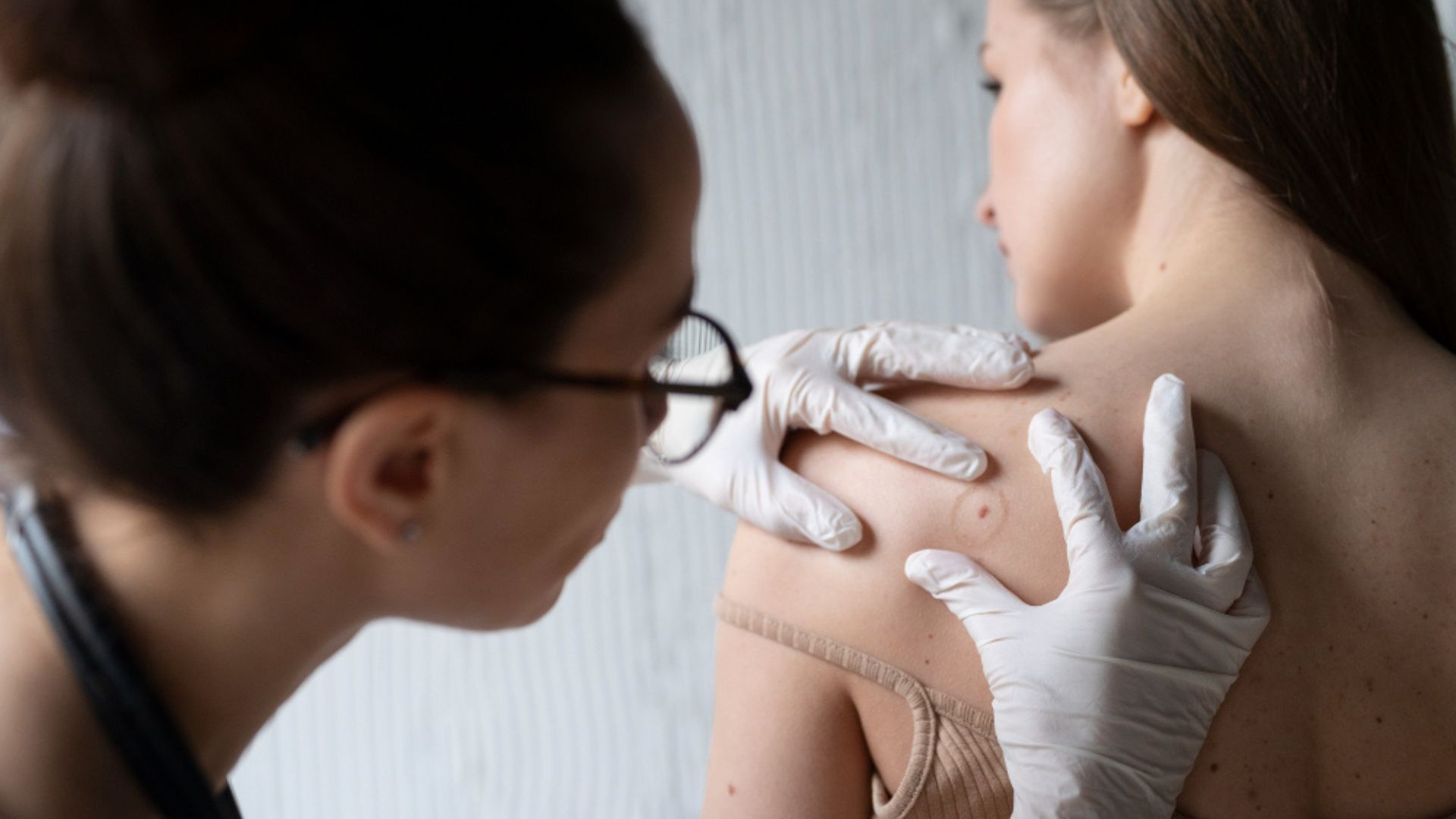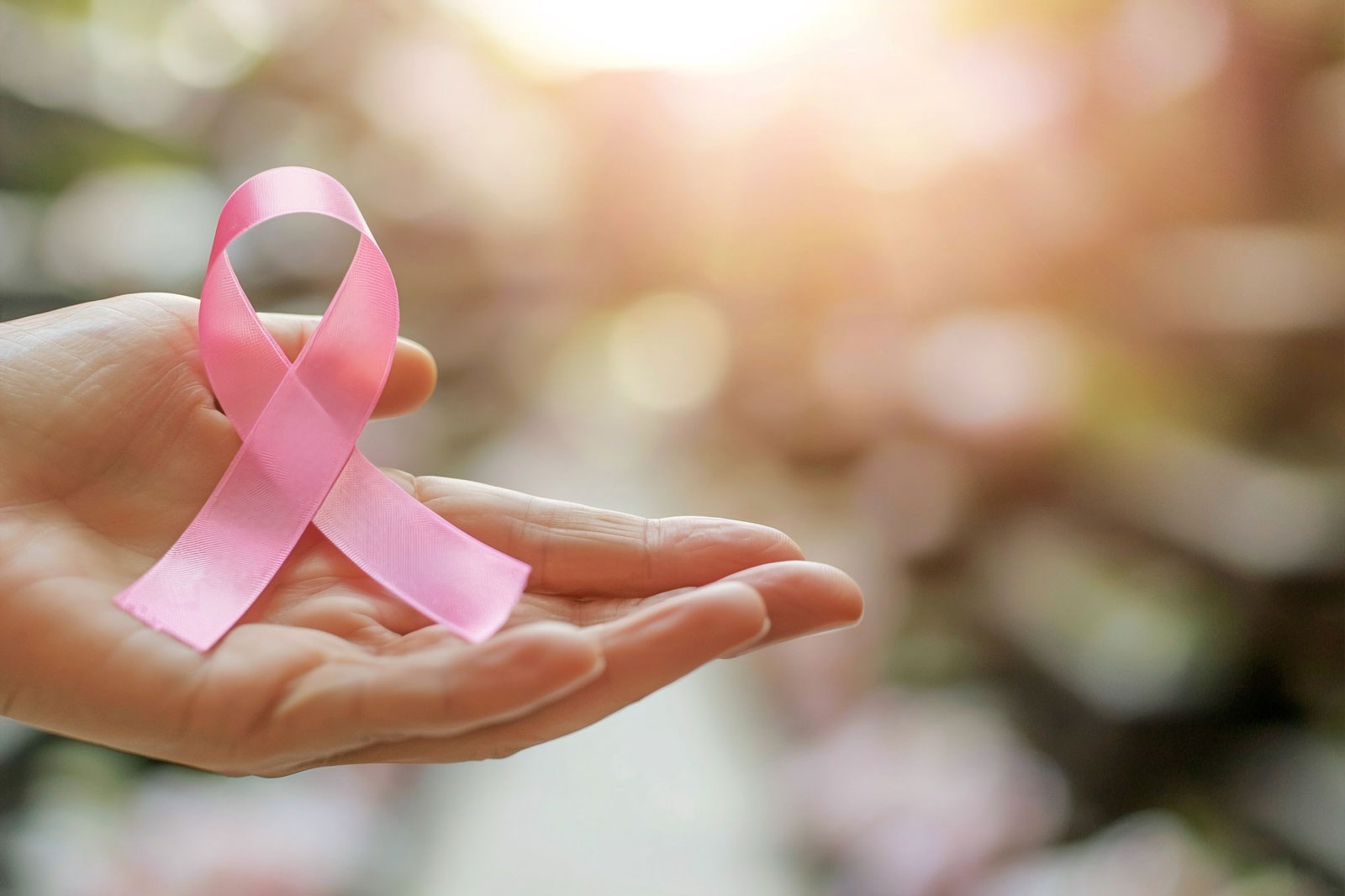

What should you avoid if you have melanoma?
Melanoma is the rarest type of skin cancer but is treatable if detected early. It is important to closely monitor your skin and look for signs of melanoma like changes in existing moles or new spots. Be aware of your normal skin and see healthcare professionals for any changes.
If you are undergoing a melanoma treatment or have recovered from the previous one then regular monitoring is important to see if melanoma symptoms are still there. Also, report to your professional if there are any changes where the original melanoma was.
What You Can Do To Protect Your Skin After Melanoma?
Early melanoma diagnosis is essential for effective treatment. After being treated for melanoma you need to protect yourself from sun and wear sunscreen daily. There are many ways to protect your skin:
- Opt for close-weave cotton clothing in the sun.
- Get yourself a pair of sunglasses to protect your eyes.
- Avoid tanning beds
- Use a high-SPF sunscreen when you are stepping out in the sun.
- Wear a hat with a wide brim that covers your face and neck properly.
- Wear long sleeves and trousers.
These are some of the ways you can protect yourself after getting recovered from melanoma but there are certain things you need to avoid to prevent from worsening of the condition or recurrence.
What You Need To Avoid If You Have Melanoma?
The main cause of melanoma skin cancer is excessive exposure to ultraviolet radiation, so it is important to stay protected from the sun. Here are things you need to avoid if you have melanoma:
Sun Exposure
Avoid stepping out in the sun. Sun exposure is the main cause behind melanoma or any skin cancer type so it becomes important to avoid sun exposure. Ultraviolet radiation can damage your skin and increase the risk of the cancer returning or spreading to other parts of the body.
UV rays can be responsible for DNA mutations that lead to further skin cell damage. Always apply sunscreen with high SPF and wear protective clothing while stepping out. Limiting sun exposure eventually reduces the chances of worsening melanoma. It helps protect the skin, especially after treatments.
Smoking
Smoking needs to be avoided if you have melanoma as it can affect your body’s ability to heal. It becomes an obstacle in blood circulation and weakens the immune system. Smoking is responsible for damaging blood vessels and reducing the flow of oxygen and nutrients to the skin and healing tissues. It slows down recovery after the surgical procedure or treatment.
If you are smoking then you are increasing your chances of other types of skin cancer including lung cancer and negatively affecting the effectiveness of the treatment. Quitting smoking can improve the body’s ability to heal and prevent recurrence.
Skin Injuries
Areas affected by melanoma need to be protected from skin injuries. You must take special care of the affected areas or where the treatment was performed. Injuries to healing skin can lead to complications like infection, delayed healing or scarring. Scratching the affected areas may irritate the skin, increasing inflammation or the risk of infection and slowing the recovery procedure.
If you follow your healthcare professional’s advice on how to take care of your skin or wounded area, you will eventually increase your chances of recovery. Keep the skin clean and avoid physical trauma to ensure proper healing and reduce the chances of further complications.
Tanning Beds
Tanning beds must be avoided if you have melanoma. The UV radiation coming from them can increase the risk of further skin damage and spread the cancer. UV rays from tanning beds can lead to skin cells mutation and lead to recurrence of melanoma or the development of new skin cancers.
Tanning beds can accelerate skin ageing and can lead to changes in DNA that contribute to melanoma progression. If you avoid tanning beds then you will reduce overall UV exposure and lower the risk of additional skin damage.
Follow the prescribed medications and advice from the healthcare professional to get better treatment benefits. Avoid the sun because it will increase the risk of recurrence and overall skin damage.
Conclusion
Although melanoma is the rarest skin cancer type it can be cured and treated effectively if detected at an early stage, check your skin more often if you have a family history of skin cancer. You can perform regular check-ups at home. Once a month you must check your skin and look for suspicious spots or changes in existing moles. Take the help of someone to check back and scalp.
Melanoma is mainly caused by excessive sun exposure so you must avoid the sun, tanning beds and smoking if you need effective treatment and a lower risk of recurrence.

